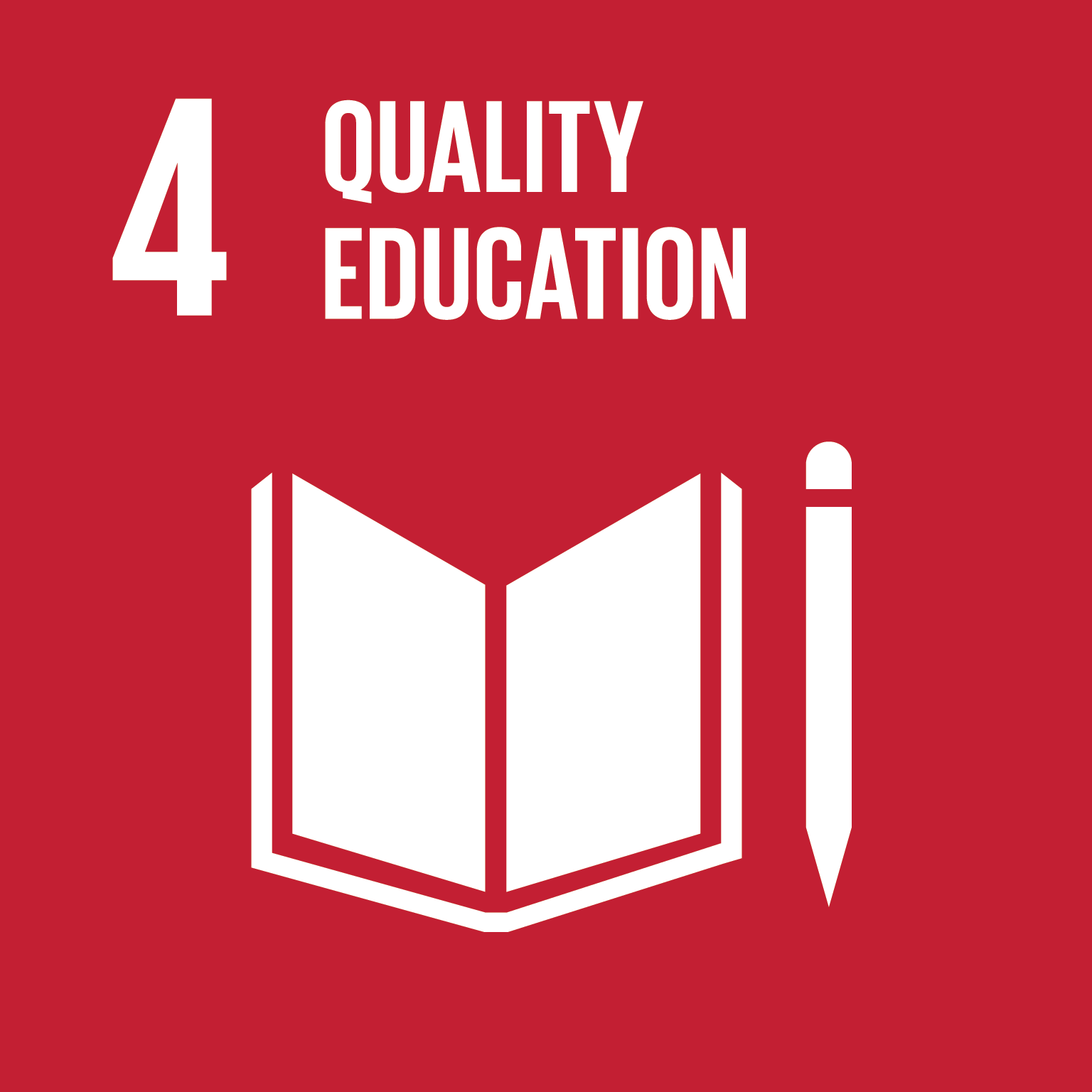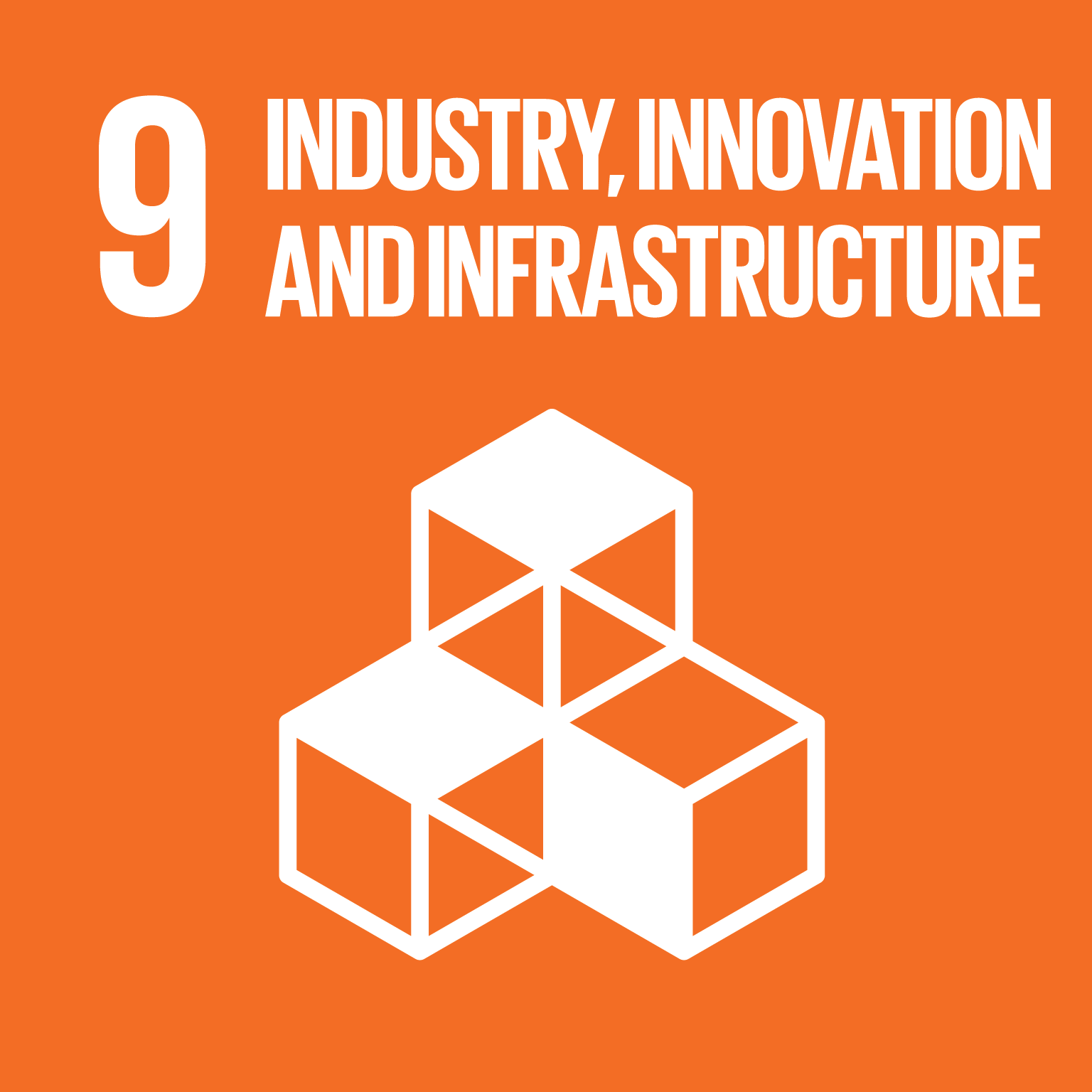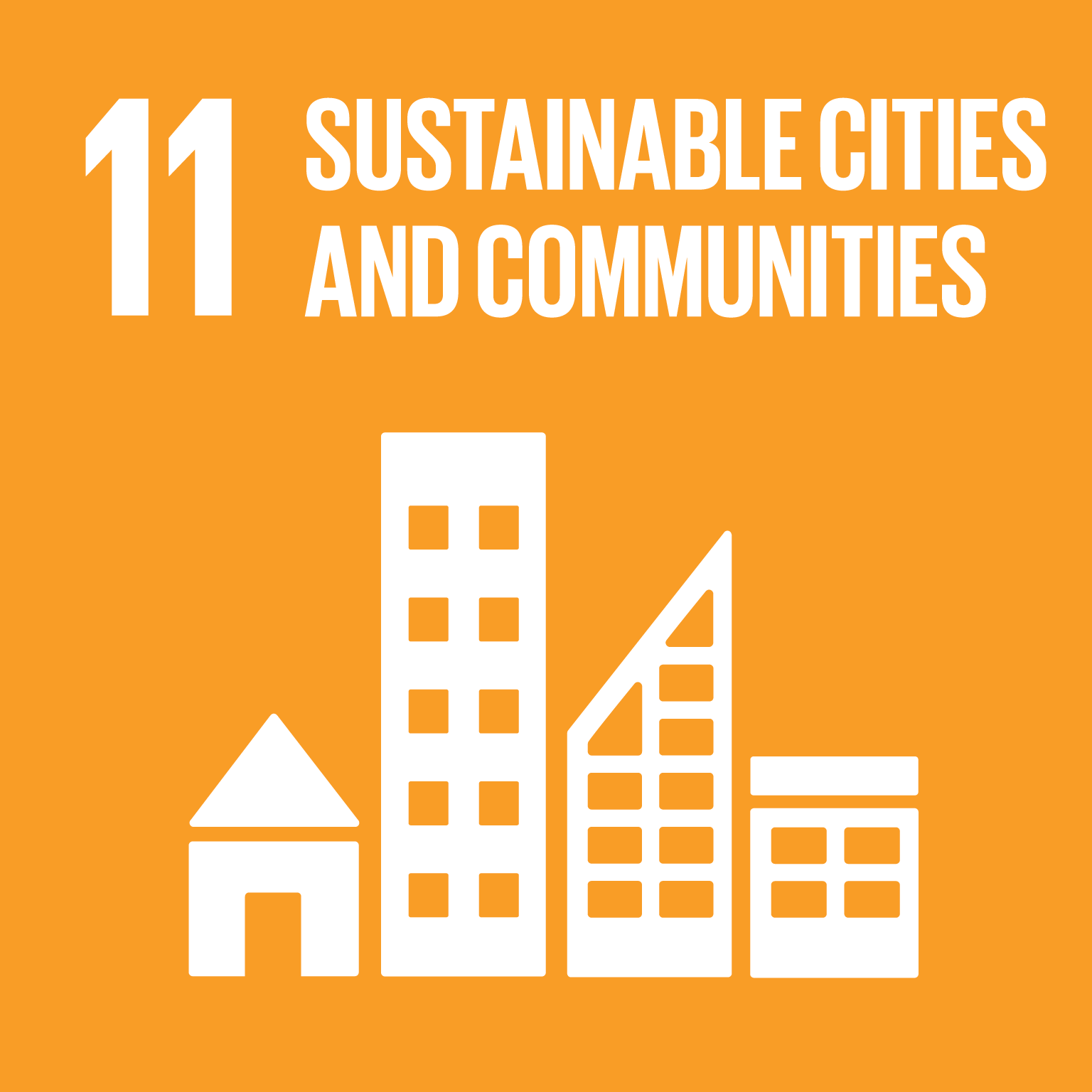Economics explores how and why people make decisions and choose between alternative ways of spending their money and using their time, energy and skills. That is why Economics can help to shed light on decision-making in areas from love and marriage, to sports and crime. If you are interested in people’s behaviour and in current affairs, and if you enjoy problem-solving and are naturally analytical with good numeracy skills, then Economics will appeal to you.
- Duration:
- 3 Year(s)
- Next Intake:
- 2024/2025 September
- General Entry Requirements (A-Level)
ABB / BBBD / BBB + D AS Level
- General Entry Requirements (IB)
29
- Subject Requirements (Mathematics)
A Level C IB HL 5
- Country Specific Entry Requirements:
- Visit the UCD Global Undergraduate Entry Requirements webpage.
Curricular information is subject to change.
The three-year BSc in Economics is a Single-Major degree for students who are focused on studying only economics as a single subject. Graduates often progress to further study to become Economists. When you apply for this degree, you choose ECS4 BSc Economics.
About this Course
What you will study depends on how you will be studying Economics at UCD. The Single-Major Economics degree is a three year concentrated programme designed for students who wish to study Economics intensively throughout their time at UCD. If you wish to combine the study of Economics with another subject, you may study it as a Joint-Major subject through the four-year Social Sciences degree (SBU3).
All students will study Introduction to Economics, Principles of Microeconomics, Principles of Macroeconomics, and Introduction to Quantitative Economics. Single-Major students will study additional modules to develop key skills at the early stage in their programme, so that they may proceed to a wide range of advanced and speciality electives in second and third years. Single Major students also select four optional social sciences modules from Sociology, Geography, Politics, Mathematics or Statistics, plus an Elective module.
Below is a list of all modules offered for this degree in the current academic year. Click on the module to discover what you will learn in the module, how you will learn and assessment feedback profile amongst other information.
Incoming Stage 1 undergraduates can usually select an Elective in the Spring Trimester. Most continuing undergraduate students can select up to two Elective modules (10 Credits) per stage. There is also the possibility to take up to 10 extra Elective credits.
Student exchanges are available with the following universities: Tilburg, the Netherlands, Namur, Belgium , La Sapienza, Rome, Italy, as well as in partner universities in North America, Asia, Australia and Europe, including: University of California, Santa Cruz, University of California, Berkeley, University of Melbourne, Australia.
You may apply to study abroad for either a trimester or a year through the Erasmus programme or on a non-EU exchange. UCD has over 200 Erasmus partners in Europe and an increasing number of non-EU exchange agreements with universities in the USA, Canada, Australia, Japan and elsewhere.
Economics graduates are in high demand – our graduates work in Bank of Ireland, Price Waterhouse Cooper, KPMG, Paddy Power and Deloitte. Economics graduates can expect to have direct access to Economics, Business and Finance Master’s.
Non-EU Undergraduate Fee information can be found here.
UCD offers a number of competitive undergraduate scholarships for full-time, self-funding international students, holding an offer of a place on a UCD undergraduate degree programme. For information on Undergraduate Scholarships, please see the UCD International Scholarships webpage.
The UCD College of Social Sciences and Law is a broad and diverse, but connected community of students and faculty who are committed to creating a more sustainable and equitable future for all. We work together in a culture of collaboration to support each other to thrive and achieve our full potential, in service of broader societal goals. Through our undergraduate and graduate education, research and external engagement, we aim to ensure that our students, faculty and staff thrive and contribute to sustainable well-being on our campus, in Ireland and across the wider world. Our faculty are globally recognized experts in their fields, advancing knowledge through research, engaging with government, business and civil society to enhance our world, and using their knowledge to design and offer cutting-edge education within their disciplines and across the disciplines of Archaeology, Economics, Geography, Information & Communication Studies, Philosophy, Politics & International Relations, Psychology, Social Policy Social Work & Social Justice, and Sociology. Our ambition is that our students will debate and engage with the greatest societal challenges of our time by becoming informed citizens who will play a leading role in shaping societies around the globe toward more sustainable futures.
The Social Sciences degrees at UCD incorporate a diverse range of formal and informal learning opportunities for students, delivered by excellent researchers who are leading their fields globally, and embedding the UN’s sustainable development goals (SDG’s) in their educational activities where appropriate.
Economics students learn about how and why people and organisations make decisions and choose between alternative ways of spending their money and using their time, energy and skills. This course equips students with the tools to think critically about some of the most important issues facing humanity today, such as economic growth, prosperity, poverty, income inequality and globalisation. The goal is to educate students to understand how it is possible to shift human behaviour toward achieving sustainable development.
- Quality Education (SDG 4)
- Decent work and economic growth (SDG 8)
- Industry, innovation and infrastructure (SDG 9)
- Reduce Inequalities (SDG 10)
- Sustainable Cities and Communities (SDG 11)





